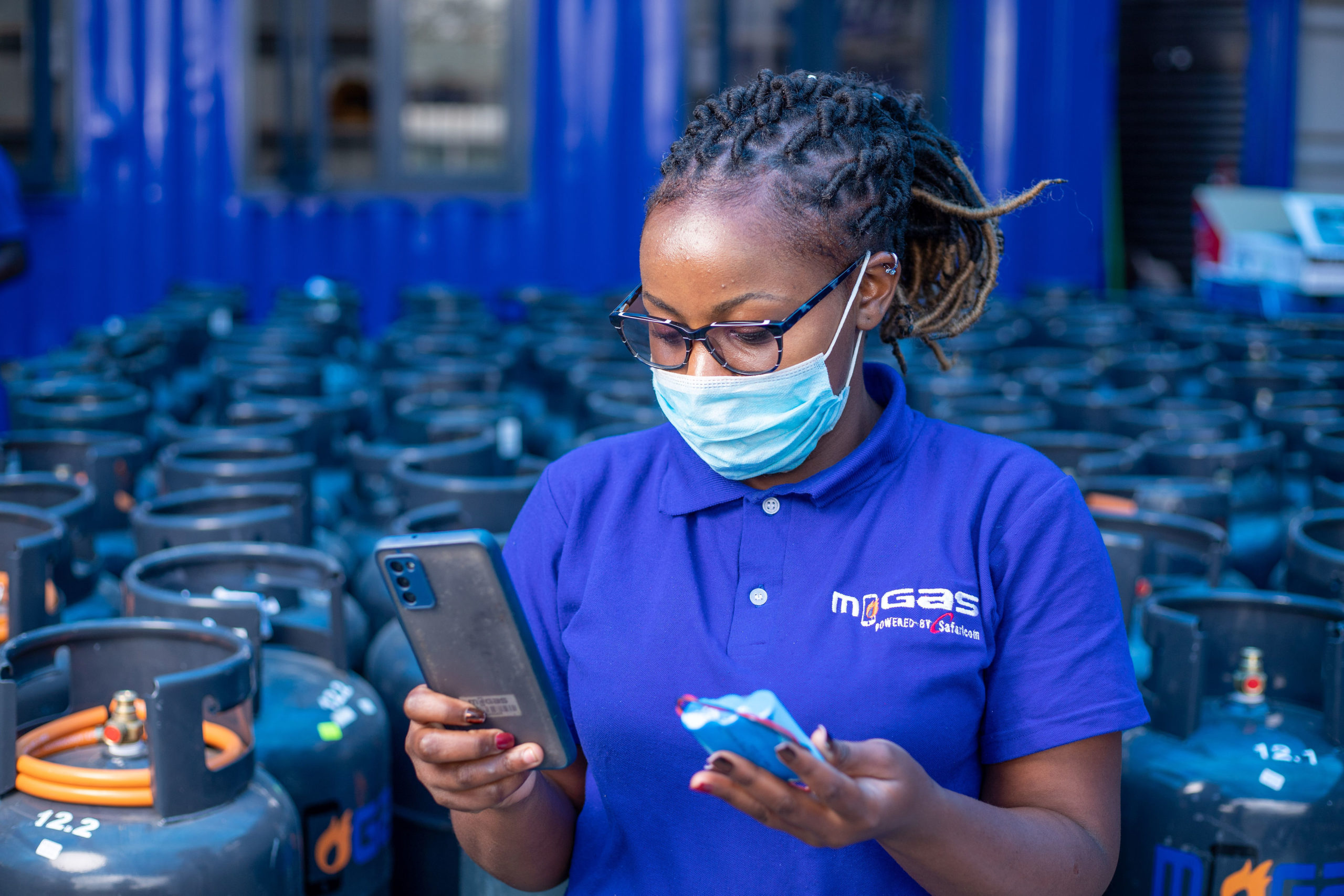Partnerships
Achieving universal access to clean cooking requires the support of partners who share our vision.
Achieving universal access to clean cooking requires the support of partners who share our vision.
No single organization or technology is going to solve this complex issue on its own.
Since 2010, the Clean Cooking Alliance (CCA) has worked with a global network of partners to build an inclusive industry that makes clean cooking accessible to the three billion people who live each day without it.
CCA draws on the skills of a wide range of partners from across the clean cooking ecosystem, combining the deep technical knowledge of the development community with the business know-how of the private sector.
By bringing together key partners for a common purpose, CCA combines its own capabilities with the expertise of others to amplify reach and achieve impact. CCA partners come from a wide range of sectors — including multilateral organizations, governments, businesses, investors, researchers, and advocacy groups — whose work is critical to achieving universal access to clean cooking. To learn more or to become a CCA partner, please email info@cleancooking.org.
To help navigate the clean cooking ecosystem, CCA maintains a Sector Directory. This free online resource includes hundreds of organizations from around the world working in areas such as fuel production, processing, and distribution; stove design, manufacturing, and distribution; pollution and stove use monitoring technologies; and consumer and private sector financing. To browse the Sector Directory or register your own organization, click here.

CCA’s work is made possible through the generous philanthropic support of partners and donors that share its vision to build a dynamic and sustainable clean cooking industry. CCA’s approach depends on the support of bilateral and multilateral government agencies, corporations, individuals, foundations, and other nongovernmental organizations.